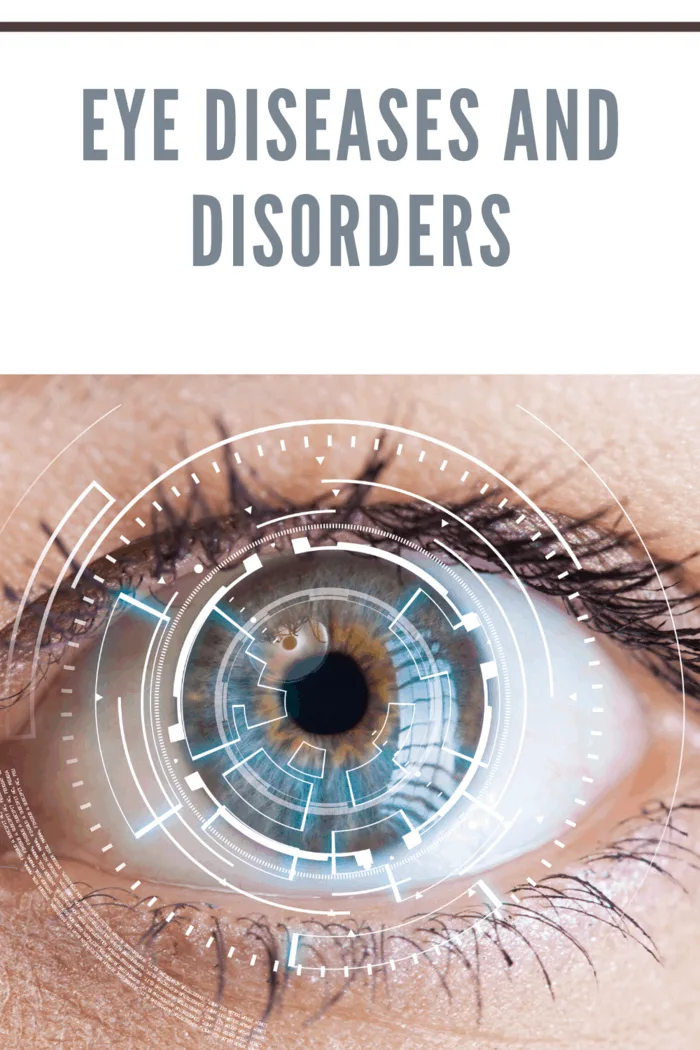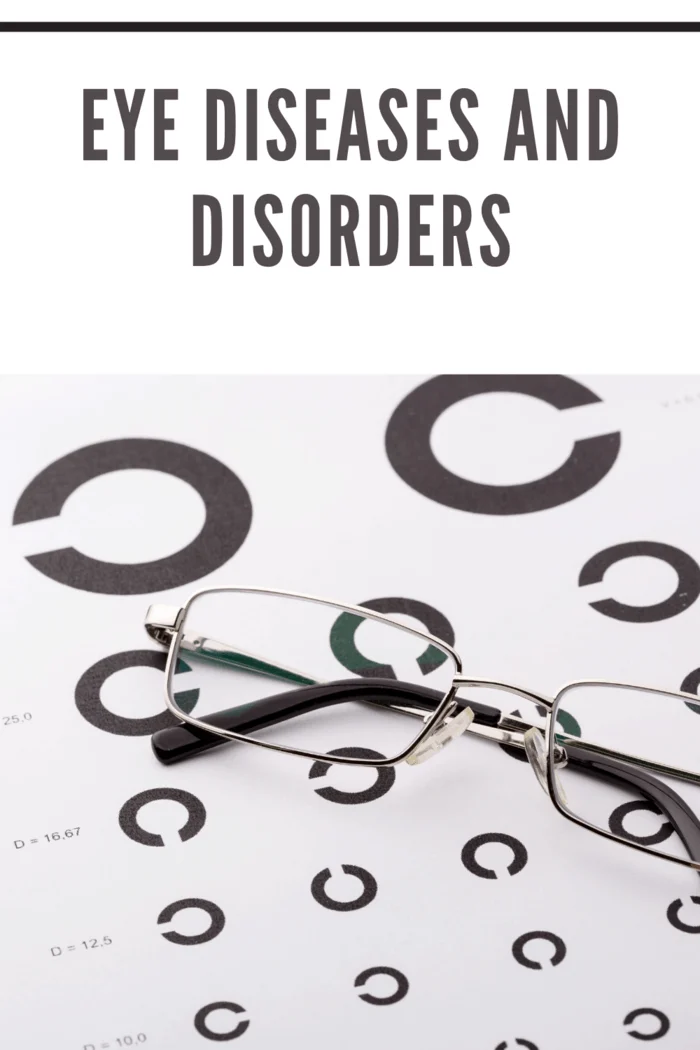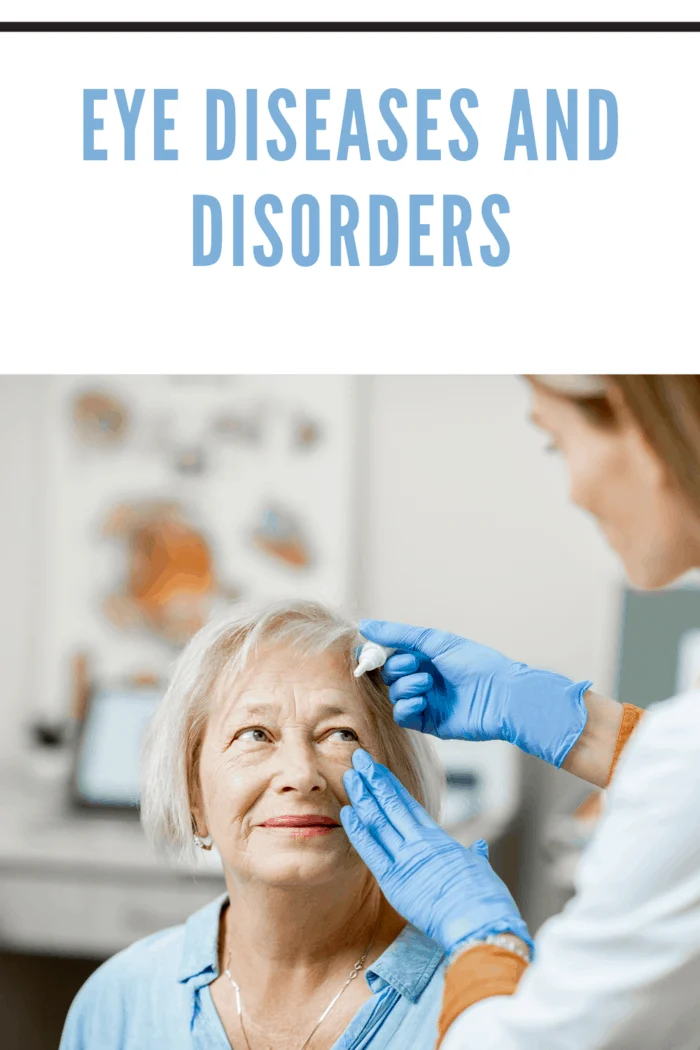Comprehensive solutions for optimal eye health. From common issues to complex disorders, find effective treatments for a range of eye diseases.
There are many individuals in the eye care business, from those with a little amount of post-auxiliary instruction to specialists with an understudy level of training.
Inside the U.S., this needs four years of the workforce, four years of graduate school, yearly broad billet, three years of residency, and at that point, elective association for one to two years (ordinarily 12–14 years of training once secondary school).
A clinical master will play out all the tests an optometrist will and might be a wholly qualified clinical specialist and doctor.
Ophthalmologists bear serious and escalated clinical and careful tests to qualify, and entrance measures to an instructive program are amazingly serious.
Some ophthalmologists receive additional training (or collaboration) in the fields of laser vision revision, pediatric clinical strength, retina, cornea, glaucoma pathology, or neurosurgery.

Eye Diseases and Disorders | Treatment of Eye Problems
Common Eye Diseases
- Age-Related Macular Degeneration
- Bulging Eyes
- CMV Retinitis
- Color blindness
- Cataracts
- Cataracts In Babies
- Strabismus
- Diabetic Macular Oedema
- Eye Floaters and Eye Flashes
- Eyelid Twitching (WebMD)
- Ocular Hypertension
- Retinal Detachment
- Keratoconus
- Lazy Eye
- Low Vision
- Uveitis

Vision master
A dream master, commonly either a pro or specialist, works with patients who need consideration, similar to low vision patients.
Ordinarily, vision clinical consideration is found in kids who have issues with their vision, mostly because of their abuse of their eyes with video games, tablets, and computer screens and other causes.
However, this sort of clinical consideration is typically used in patients who might want visual remedy aside from whom the remedial focal points don’t appear to be sufficient to invert the condition.
The eye specialist clinic performs visual clinical consideration in kids, focusing on eye care.
To represent considerable authority in vision treatment, specialists should finish post-graduate training on the far side of their optometric degree. At this period, they’re qualified to plunk down for their national sheets to be completely guaranteed as masters in kids’ vision.
A specialist’s title once passing the national board in vision treatment is Fellow inside the School of Optometrists in Vision Development, or F.C.O.V.D. Optometrists who give vision treatment anyway and haven’t anyway Sabbatum for their affirmation tests are board-qualified Associates inside the Optometrists in Vision Development school.
Vision specialists, for the most part, use crystals, eye patches, sifted focal points, and handled frameworks to direct clinical consideration meetings.
Most eye care experts don’t make different iridologies, referring to a significant absence of logical verification for the application.
Orthoptist
Orthoptists focus on diagnosing the executives of eye development and coordination issues, plan of the visual hub, problems of assembly and convenience, and conditions like visual imperfection, strabismus, and vision issues, as printed by the International Vision Association.
They’ll help ophthalmologists in a medical procedure, show vision understudies, understudies of various associated wellbeing callings, clinical understudies, and ophthalmology occupants and colleagues, go about as vision analysts, perform vision screening, perform low vision appraisals and go about as clinical chiefs.

Optician
Views focus on focal points, scenes, contact focal points, low vision, and the fitting and creation of artificial visual products.
They’ll even be referenced as an “optical gadget,” “apportioning optician,” “ophthalmic distributor.”
The solution for the remedial focal points ought to be prepared by a clinical pro, optometrist, or, in certain nations, a pro.
This is frequently a controlled calling in many locales.
Final Thoughts:
In conclusion, the Eye Specialist Clinic emerges as a vital hub for comprehensive eye care, boasting a diverse team of professionals ranging from extensively trained ophthalmologists to specialized Vision Specialists and Orthoptists. Their commitment to excellence is evident in the rigorous education and training of their staff, ensuring the highest quality care for a spectrum of eye diseases and disorders. From common conditions like Cataracts to intricate cases such as Retinal Detachment, the clinic’s multidisciplinary approach and specialized expertise underscore their dedication to addressing a broad range of visual health needs. Whether providing vision therapy for children or managing complex surgeries, the clinic’s collaborative effort ensures that patients receive personalized and thorough care for optimal eye health.
